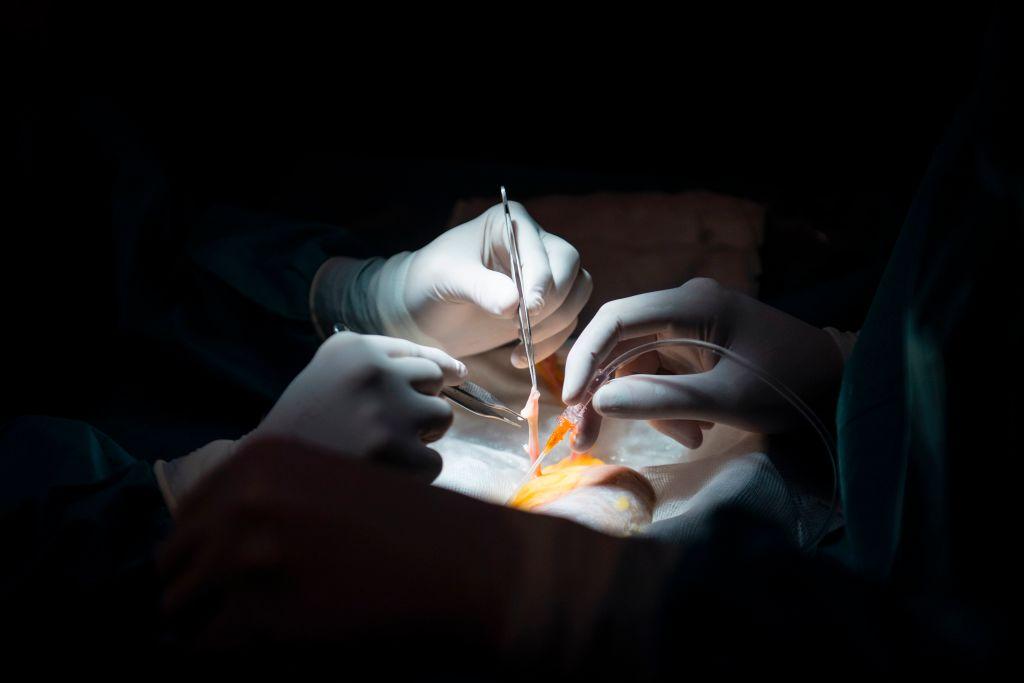Commentary
I recently read, “The Future of Everything: The Cutting Edge of Health,” in The Wall Street Journal. I was a pediatric critical care nurse for many years, working in high-tech health care, where we were always pushing the technology envelope while trying to stay on the right side of the razor-thin line of ethics.





